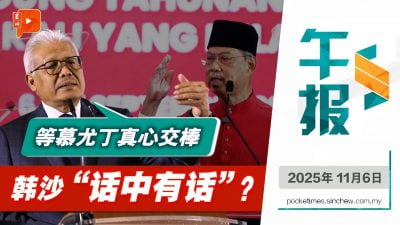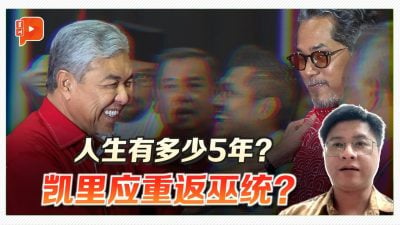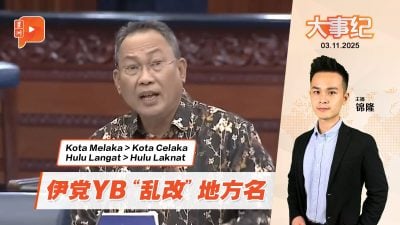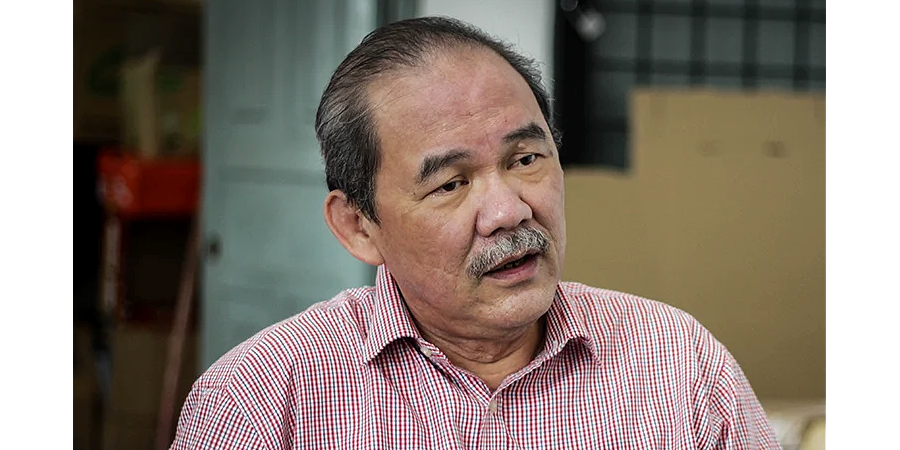
The tit-for-tat war of words between Bersatu and Umno, though not unusual, is interesting indeed. It is particularly so when leading the charge for Bersatu is its president, Muhyiddin Yassin himself, against some junior leaders in Umno.
Is this an indication of the desperado in Muhyiddin?
The sparring between Bersatu and Umno over which party should “close shop” reflects deepening tensions within the Malay political landscape in the country, and it could have significant consequences for both parties, their coalitions and broader national politics.
One key implication will be the further fragmentation of the Malay vote as both Umno (a core component of the Barisan Nasional, BN) and Bersatu (a key player in Perikatan Nasional, PN) are competing for the same Malay-Muslim base.
Their infighting will dilute support for both parties and this, in turn, could benefit PAS, which remains influential and may appear more stable to conservative voters.
As it is, PAS is seen as miles ahead of both Bersatu and Umno.
GE16 has made the Islamic party the strongest among the Malay groups and the party is now deeply entrenched in four states.
No other party is single-handedly in total control of four Malay/Muslim-majority territories.
This Umno-Bersatu feud could also reshape the PN coalition. If Bersatu weakens, PAS might dominate PN or consider new alignments.
I see no reason why PAS should continue to play second fiddle to a weak Bersatu and an unpopular Muhyiddin.
Already, there are indications that anything can happen post-Abdul Hadi Awang era.
It is no secret that the 77-year-old PAS president is not in the best of health.
If Umno continues to erode (especially under Ahmad Zahid Hamidi’s controversial leadership), a reformist faction within Umno could defect or attempt a party reboot.
Zahid is not exactly a popular figure in the party and anything could happen between now and the next general election.
For now, the Umno president can perhaps find comfort that his deputy, Mohamad Hasan, lacks grassroots support and is unlikely to mount a challenge for the top post.
However, this does not mean that other leaders would not do so.
So, in the event of a showdown between Umno and Bersatu, which party is more likely to survive?
I wouldn’t want to be seen as bias but it is true that I have been quite intolerant of Bersatu since the Sheraton Move of 2020.
To me, Bersatu is a party of traitors and turncoats and it would be difficult for Malaysians to accept its current crop of so-called leaders at the helm of a government.
Umno’s institutional depth, brand durability and networked resilience make it more likely to endure than Bersatu.
In a February 10, 2023 column in Malaysiakini, I had described Bersatu as a party with no credibility over its claim that it had collected a total sum of RM255 million in donations during the Covid pandemic.
“Being able to collect RM255 million from sponsors within 17 months of helming a backdoor government is quite an amazing feat, by any standard. That was how long Bersatu president Muhyiddin Yassin was prime minister.
“To top it all, Bersatu is a relatively new party, formed only in 2016. Its first chairperson, Dr Mahathir Mohamad, served as prime minister for 22 months under a Pakatan Harapan government before the treacherous Sheraton Move caused its downfall.
“Both Mahathir and Muhyiddin did not achieve anything significant during their short tenures as prime ministers. Unsurprisingly, how Bersatu managed to amass millions in donations and, during the coronavirus pandemic, had now raised eyebrows.”
Are we surprised that Muhyiddin is now facing abuse of power and money laundering charges with his trial set to commence on September 17 this year at the Kuala Lumpur Sessions Court.
I believe there is a general consensus among political observers that Umno is more likely to survive than Bersatu in Malaysian politics due to a combination of historical, structural and strategic factors.
This is to say that between Bersatu and Umno, if any party would have to close shop and wind up for whatever reason, it would likely be Bersatu.
Umno is one of the oldest and most established parties in Malaysia, founded in 1946. It was the dominant force in the BN coalition that ruled the country for over six decades, until 2018.
It has deep grassroots networks, especially in rural areas, with a well-oiled party machinery that includes branches in nearly every constituency.
Many Malay voters, particularly in rural and older demographics, see Umno as the traditional protector of Malay rights and Islam.
This long-standing identity gives Umno a brand recognition and loyalty that Bersatu, which was only founded in 2016, still lacks.
While it is true that Umno has had its internal rifts and corruption scandals (notably 1MDB), it has managed to retain a large portion of its leadership and voter base.
Bersatu, by contrast, has suffered major defections (e.g. Dr Mahathir Mohamad and others leaving), suggesting fragility in its leadership and structure.
Umno has had decades to entrench patronage ties—connections to government contracts, positions and resources—that still resonate in parts of Malaysian society.
Bersatu probably also attempted to replicate this model but lacked the time and depth to build similar structures.
Umno still commands a solid rural voter base, and despite setbacks, it remains competitive in elections.
On the other hand, Bersatu has underperformed in several recent elections, including GE15 and subsequent state polls, often relying on the PN coalition to stay relevant.
In short, Umno’s institutional depth, brand durability and networked resilience make it more likely to endure than Bersatu, which remains a newer, more fragile, and less deeply rooted party.
Yes, this latest Umno-Bersatu feud indeed reflects a broader identity crisis in Malay politics. Instead of policy competition, it’s devolving into a survivalist turf war.
Whatever it may be, this will not be the last power struggle among the Malay parties in the country.
The internal feuds among Malay entities in the country will only intensify due to several interrelated factors that stem from political fragmentation, competition for Malay votes, and the high stakes of identity politics.
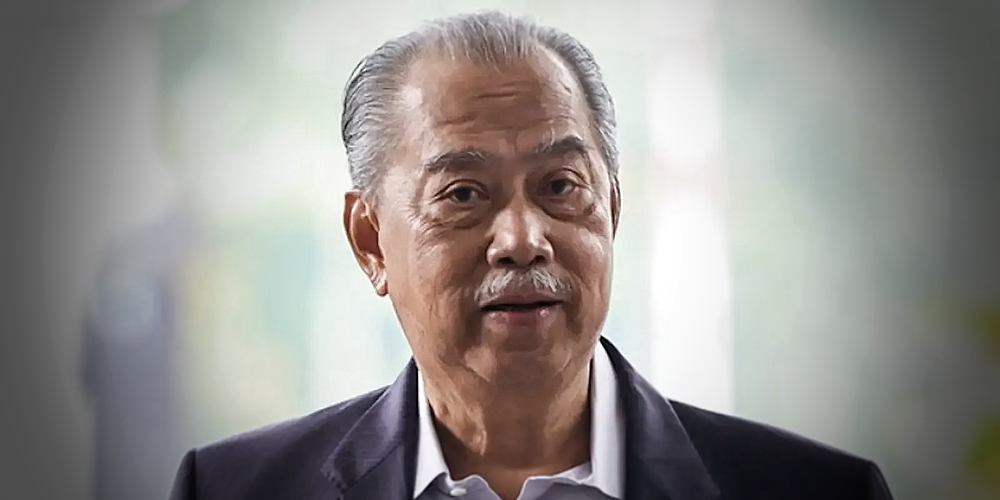
(Francis Paul Siah is a veteran Sarawak editor and currently heads the Movement for Change Sarawak, MoCS. He can be reached at [email protected].)
ADVERTISEMENT
ADVERTISEMENT






